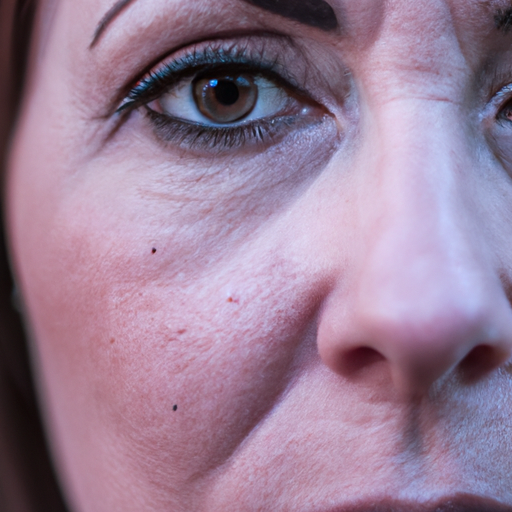As a medical professional, I am often consulted by patients who are struggling with dry skin. This common condition can be uncomfortable, causing itching, flaking, and even cracking of the skin. It can also be aesthetically displeasing, making the skin look dull and lifeless. However, with the right approach, dry skin can be effectively managed and even conquered. This article aims to unveil the secrets to conquering dry skin, providing a comprehensive guide to treatments and remedies.
Firstly, it is crucial to understand that dry skin is not just a cosmetic issue but can also be a symptom of underlying health conditions such as eczema, psoriasis, or hypothyroidism. Therefore, if you have persistent dry skin despite trying various remedies, it is advisable to consult a healthcare professional for a thorough evaluation.
One of the most effective ways to combat dry skin is by maintaining proper hydration levels. This includes drinking plenty of water throughout the day and using a humidifier in dry environments. The skin’s hydration level is directly linked to the body’s overall hydration status. Therefore, ensuring that your body is adequately hydrated can significantly improve your skin’s moisture levels.
In addition to hydration, your skin also needs nourishment. This can be achieved through a balanced diet rich in vitamins A, C, E, and essential fatty acids. These nutrients play a vital role in maintaining skin health and can help restore its natural moisture barrier.
Topical treatments are also crucial in managing dry skin. Regular use of moisturizers that contain ingredients like hyaluronic acid, glycerin, and ceramides can help lock in moisture and prevent dryness. It is best to apply these products immediately after bathing when the skin is still damp to maximize their effectiveness.
Exfoliation is another key aspect of dry skin care. Dead skin cells can accumulate on the surface of the skin, making it look dull and feel rough. Regular exfoliation can help remove these cells, revealing fresher, more radiant skin underneath. However, it is important to choose gentle exfoliants and avoid over-exfoliating, which can strip the skin of its natural oils and exacerbate dryness.
In some cases, prescription treatments may be necessary to manage dry skin. These may include topical steroids for conditions like eczema or psoriasis, or systemic medications for underlying health issues that contribute to dry skin. Always consult a healthcare professional before starting any new medication.
Lastly, lifestyle modifications can also make a significant difference in managing dry skin. This includes avoiding harsh soaps and detergents, limiting exposure to hot water, and using a humidifier in dry environments. It is also advisable to wear protective clothing in cold, windy weather to prevent skin from drying out.
In conclusion, conquering dry skin requires a multifaceted approach that includes proper hydration, nutrition, topical treatments, exfoliation, and lifestyle modifications. While it may take some trial and error to find the right combination of treatments that work for you, the results can be well worth the effort. Remember, every person’s skin is unique, and what works for one person may not work for another. Therefore, it is always best to consult a healthcare professional for personalized advice. With the right care and attention, you can conquer dry skin and enjoy healthy, radiant skin all year round.



